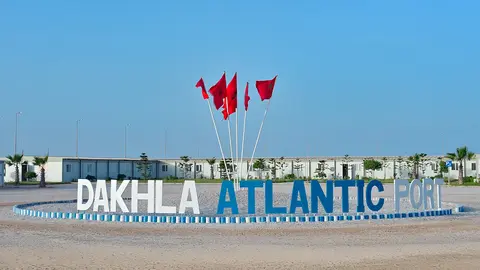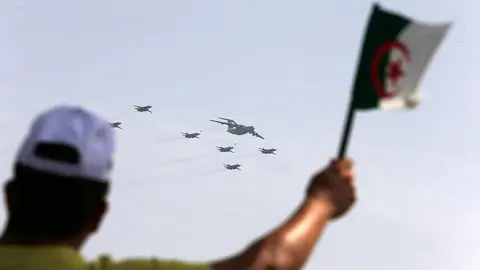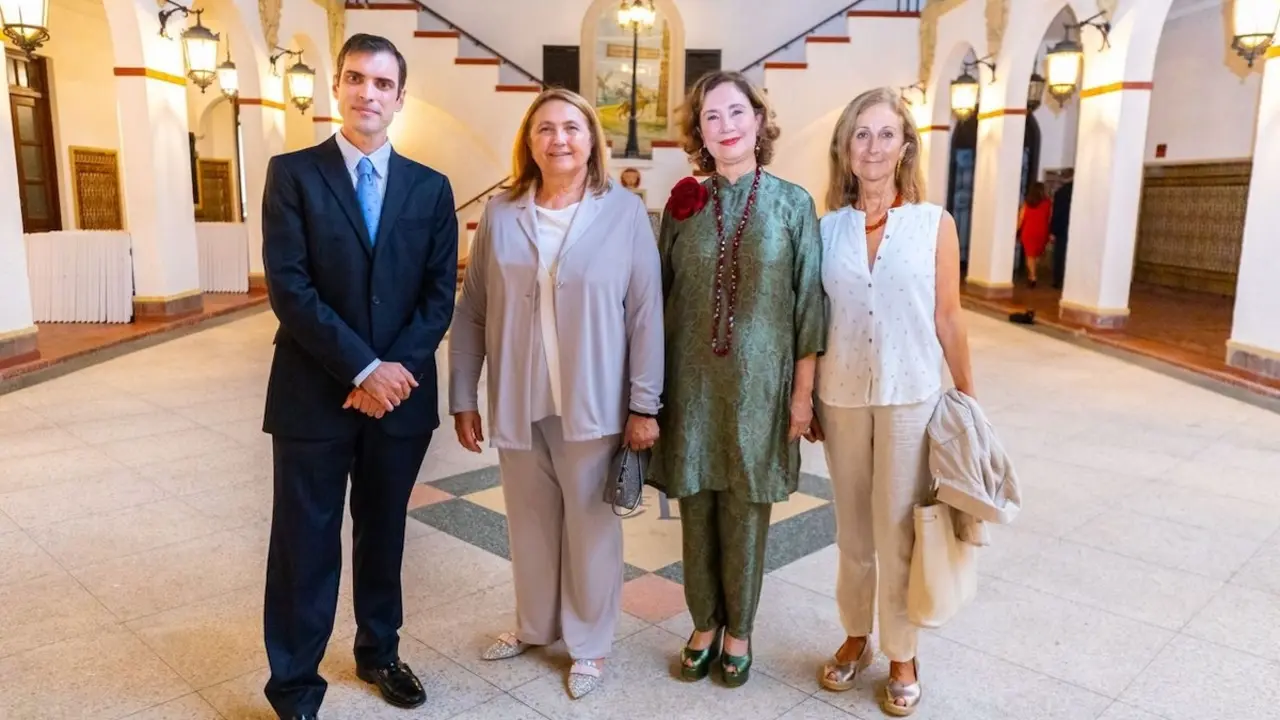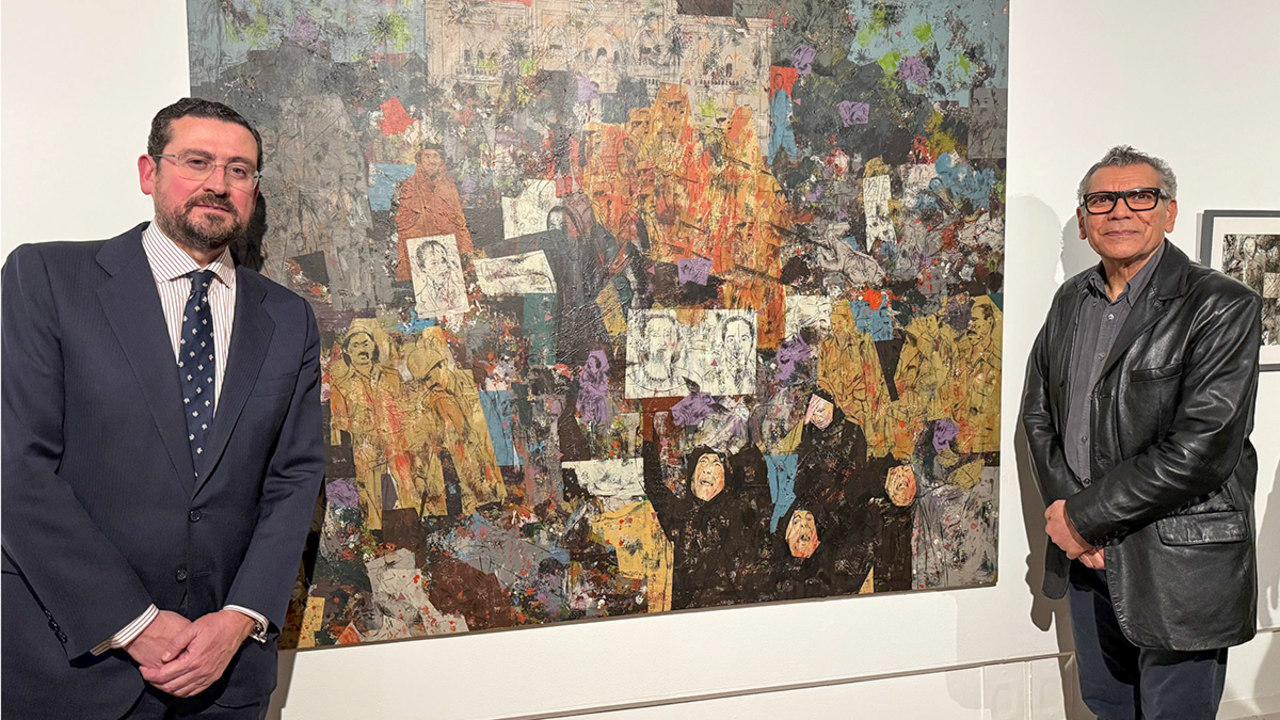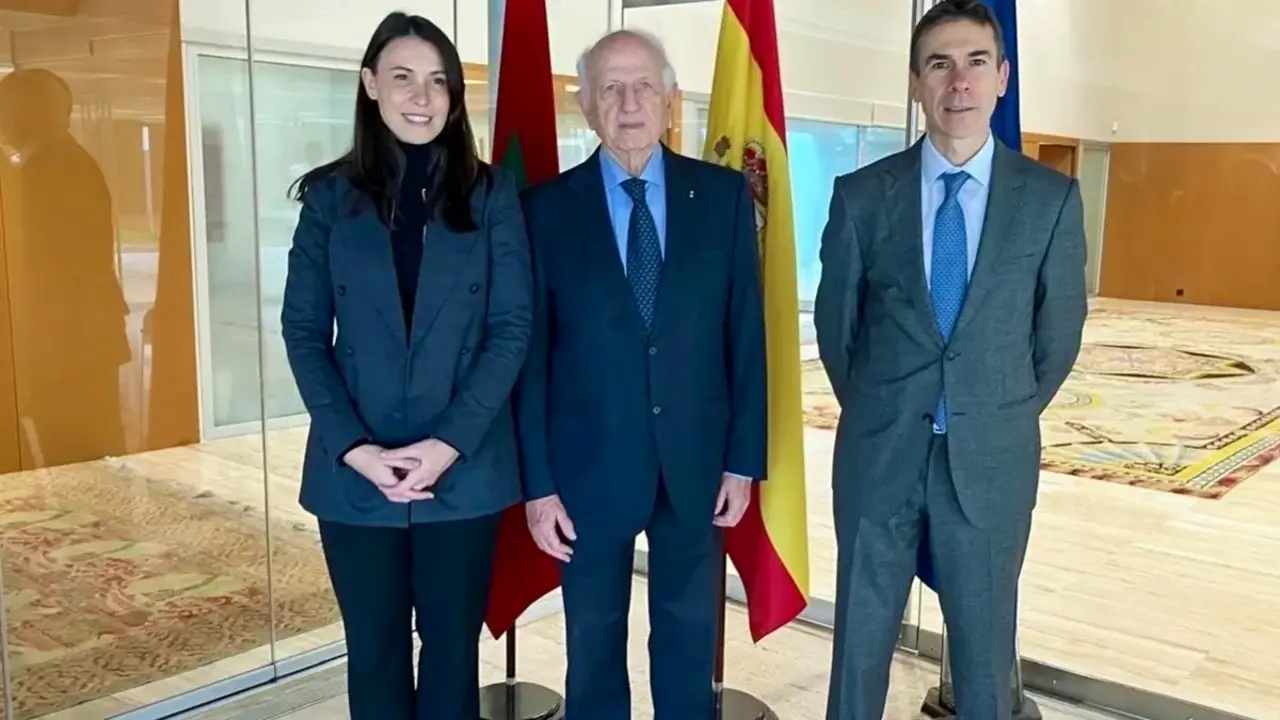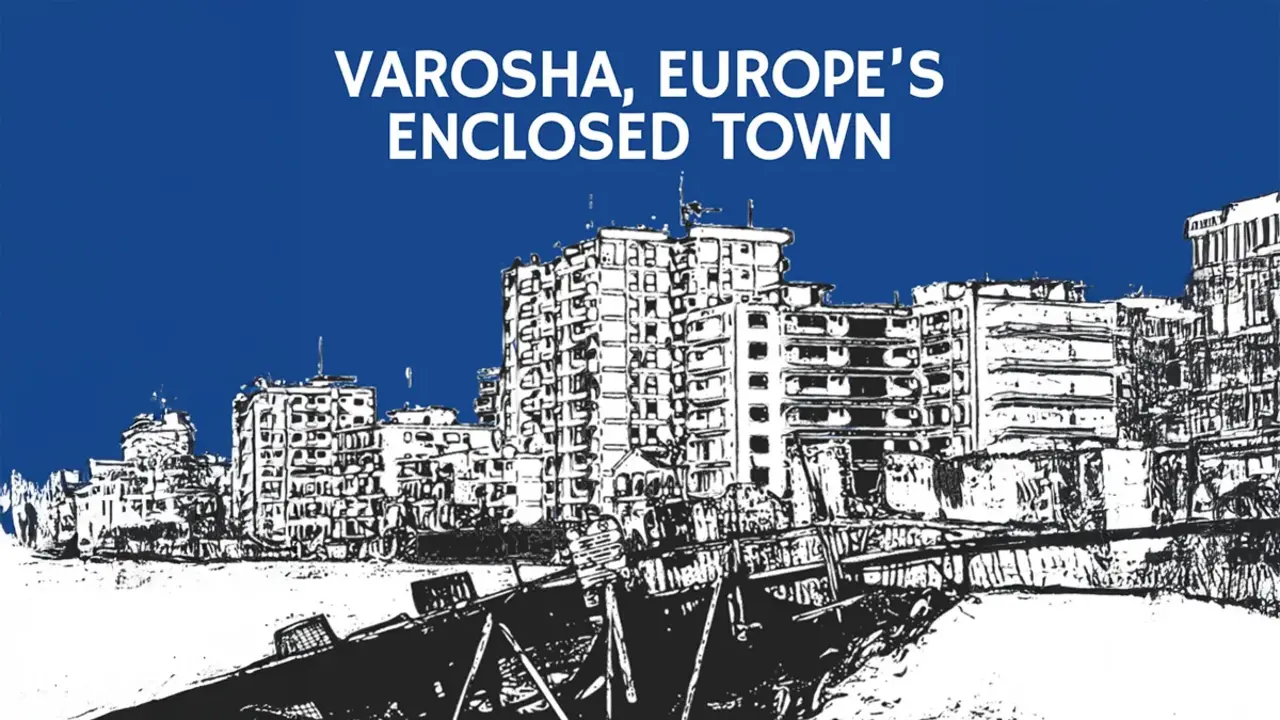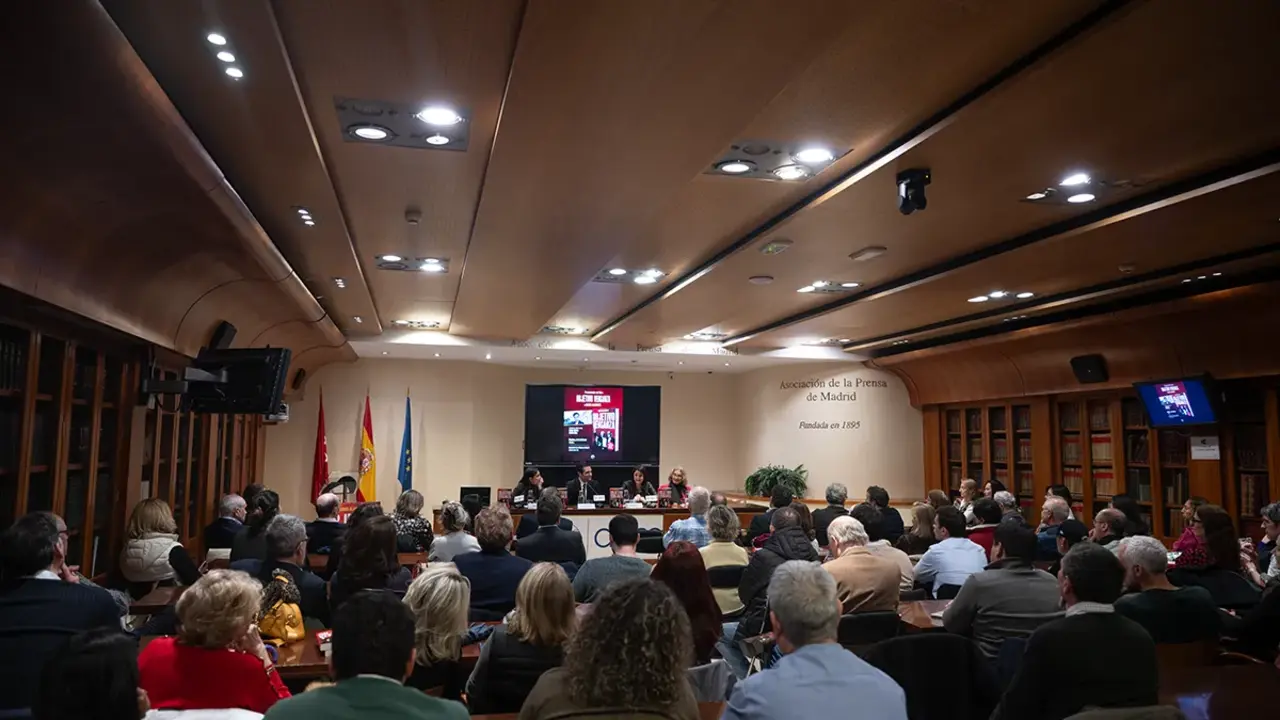The failure of the West in Africa
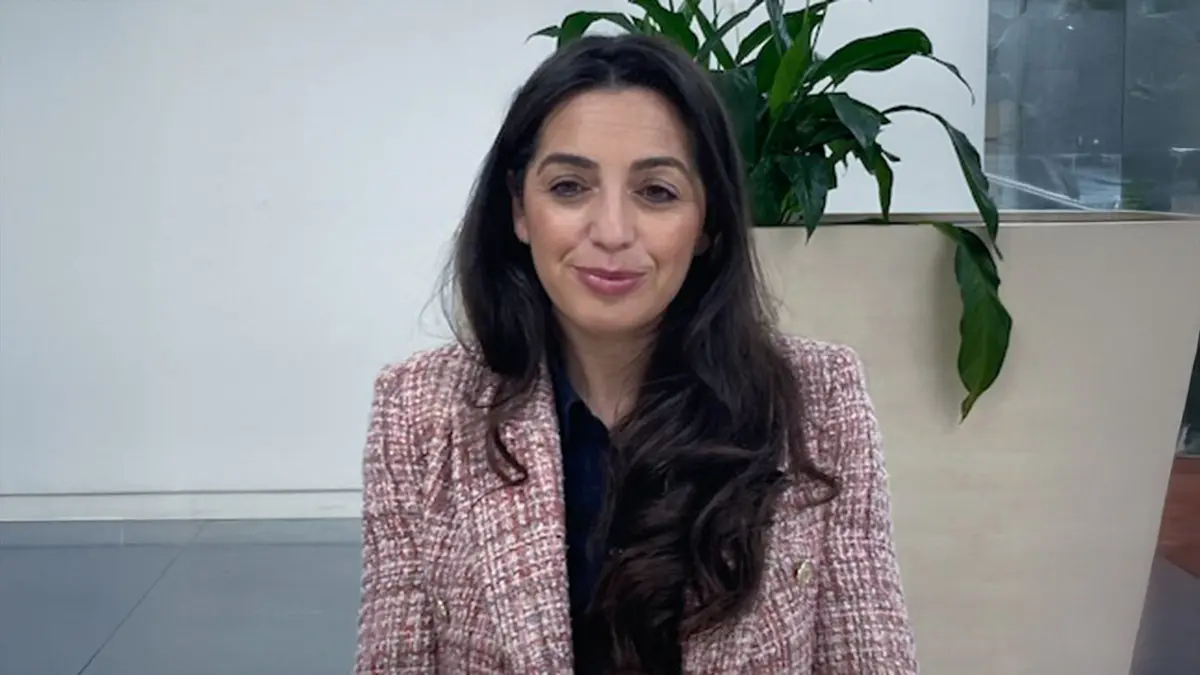
Having made a one-day stopover in Madrid to present his latest book, ‘El Fracaso de Occidente en África’ (The Failure of the West in Africa), subtitled ‘La amenaza que no queremos ver’ (The threat we don't want to see) (Ed. Almuzara, 208 pp.), she gave an interview on the subject to Atalayar at the headquarters of the Camilo José Cela University, where she also teaches a master's degree in Public Security and Defence Policies.
Since establishing her base in Morocco, Beatriz Mesa has been living and researching all the major conflicts in Africa for twenty years, especially those affecting the Sahel, ‘which has become one of the most violent regions in the world’. With a PhD from the University of Grenoble Alpes, with a thesis on ‘the transformative role of secessionist and jihadist groups in organised crime in the Sahel’, Mesa also teaches at Gaston Berger University in Saint-Louis, Senegal, and as an associate professor at the International University of Rabat (UIR).
We had barely started the conversation when Beatriz Mesa launched her diagnosis point-blank: ‘The failed strategies of the United States, France and the European Union not only proved incapable of generating stability, but also opened the door to competitors who challenge the global equilibrium. As Putin's mercenaries (formerly known as the Wagner Group) take over strategic areas and African natural resources become tools of international influence, the world faces a new paradigm of power.
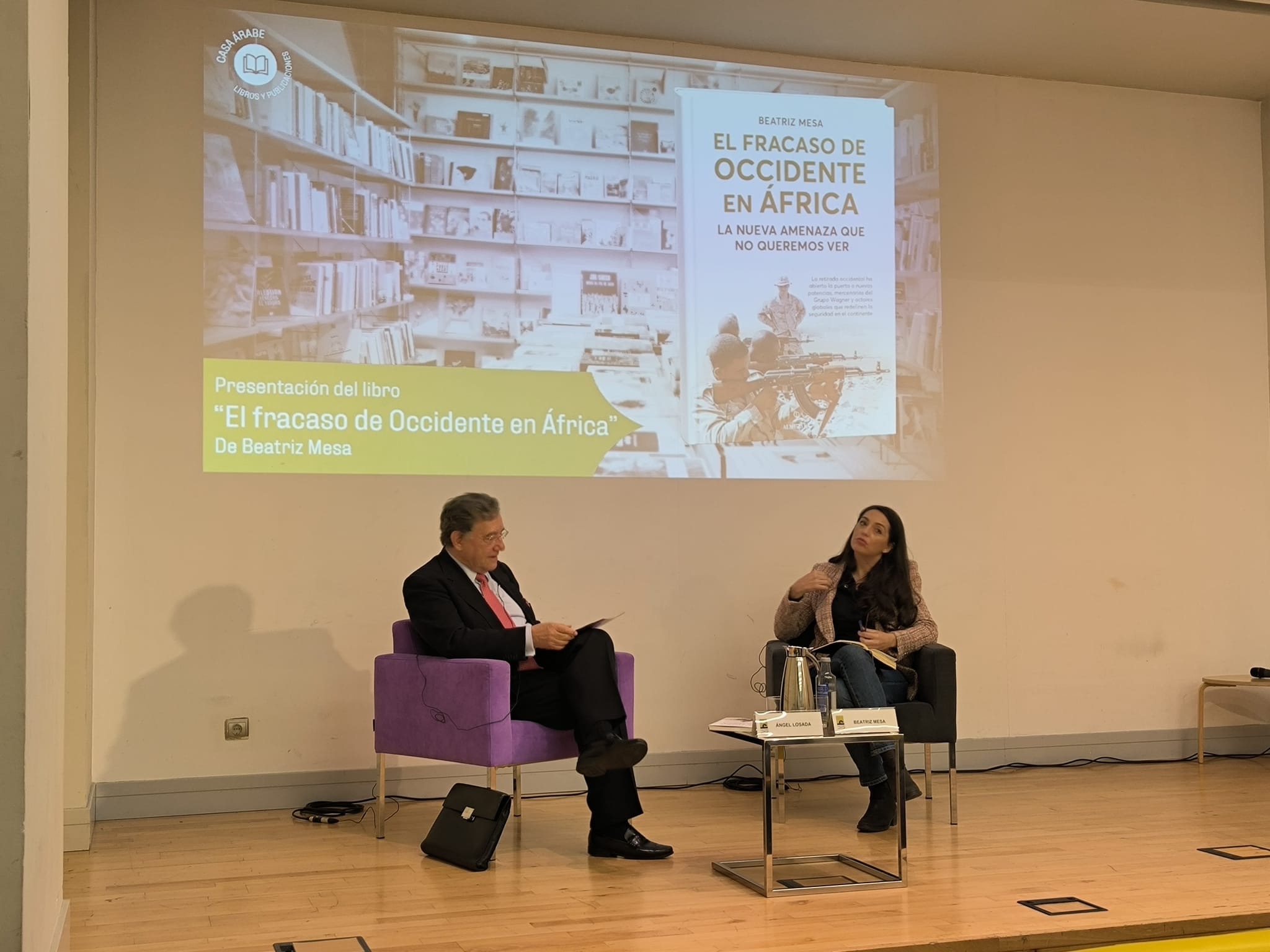
In Europe, there is a tendency to look for the root of the problem in the religious radicalisation of Islam, that is, in jihadism.
I absolutely refute that. I think there are many other reasons, especially those that refer to the great social differences: slaves subjugated by the elites and, ultimately, power relations between dominant and dominated classes. And, of course, organised crime, which from 2012 became the financing machine for all the tensions and crises unleashed in North and West Africa. So much so that from that year onwards Africa became the new laboratory in the fight against terrorism.
Mali is a decisive flashpoint
Yes, it is where the last outbreak of armed insurgency occurred. The occupation of the north of the country was decisive in the political game, at which point France displaced the United States from the area. It was the Tuareg and Arabs who rebelled against the central power in Bamako and even went so far as to establish an independent state. The Malian government called on the French to re-establish the country's territorial integrity, but they realised that, in ten years, not only had they not achieved this, but they had even made deals with the rebels behind Bamako's back.
Do you therefore consider France to be guilty of the West's failure in Africa?
It is absolutely no coincidence that, one after another, the West African countries that were their colonies have invited them to leave. They realised two things: firstly, that France continued to treat them as colonies even after they gained independence. And also that, when they were asked to re-establish the territorial integrity of Mali, and therefore its security, they shared nothing with the local government, not even strategic information. What's more, it turns out that it was France who decided who was and who wasn't a threat, without even consulting the legitimate leaders of those countries.
And the Mali flame spread to Niger and Burkina Faso...
Yes, because the violence is transversal, the lack of security is common to all the countries in which organised crime is established and acts, and also the lack of means to combat it. That is when Putin's Russia burst onto the scene, without the stigma of a colonial past and relying instead on its former support for the struggles for independence and liberation of the peoples.
At that moment, France was not only displaced, but also suffered a loss of political influence that dragged down the entire European Union.
In reality, the Malian government wanted to ‘diversify’ its sources of cooperation in the face of France's failure, but Paris was opposed to sharing the mission of restoring the country's normality and territorial integrity with anyone. This meant that it handed the military the task of carrying out the corresponding coups d'état and everything that has come after, even leading to the abandonment of ECOWAS and the creation of the embryo of another Sahel-African alliance in its place.
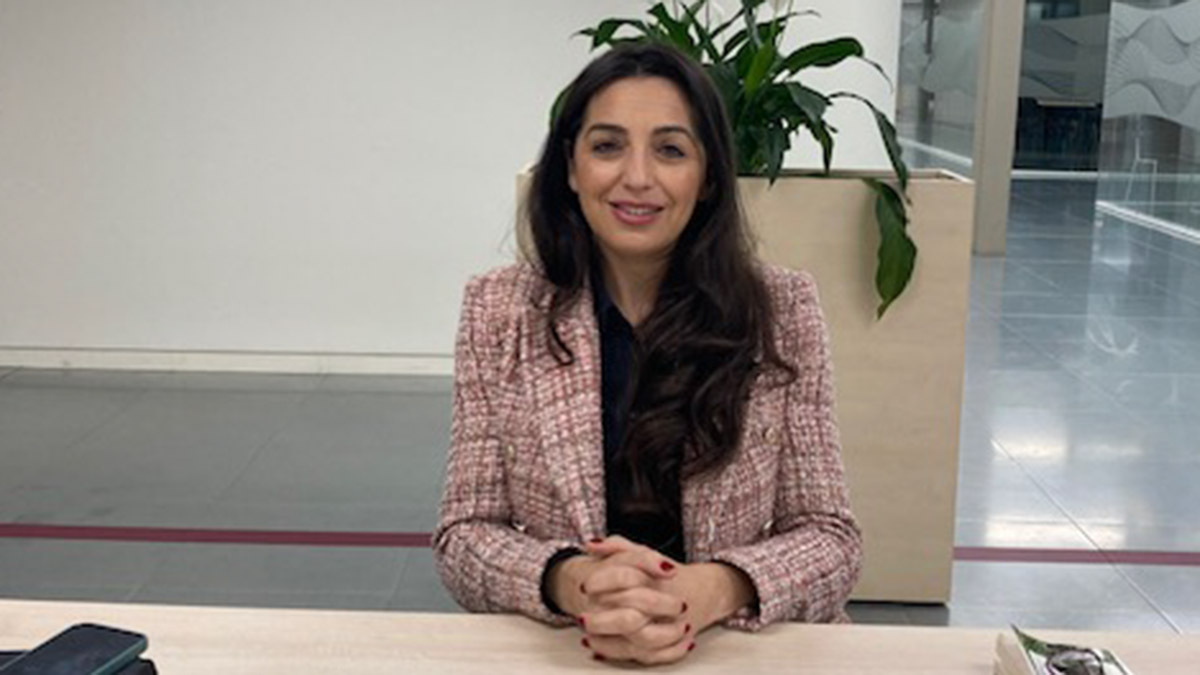
They have still not got rid of the CFA franc, considered to be the ‘invisible weapon of Francafrica’, as the Senegalese economist Ndongo Samba Sylla and the journalist Fanny Pigeaud describe it.
They are trying to implement a common currency to replace the CFA franc, which is clearly a powerful weapon for France to control the fourteen countries that use it. Countries that cannot make any monetary policy decisions without the backing of the French government. It is obvious that this is an instrument that limits their sovereignty. And regaining it, not only in this field but also in many others, has become a real obsession for African countries.
Do you see any possibility of Europe regaining the ground it has lost?
Certainly not if it continues to go hand in hand with France. The bilateral relationship between countries will have to be intensified, where, for example, Spain has a good reputation for its intense cooperation work. But let's not fool ourselves, Russia and China have displaced us, and that is not easy to recover from. It is true that Russian mercenaries are re-establishing security, but at the cost of great bloodshed that seems to go unnoticed in Europe. Now it is also starting to offer other kinds of cooperation, especially the very tempting kind in nuclear matters.
And the competition with the giant that is China?
Very difficult to counteract. They have been buying oil, gold, copper and uranium from them for many years now, but they also build infrastructure and facilitate payments, without demanding, as Europeans and North Americans usually do, a quick return on their investments in Africa. For our part, that is to say the part of the West in general and Europe in particular, can you show me where the bridges, roads, universities, railways, ports, etc. that we are leaving you are? The EU contributed 3.5 billion euros in cooperation, and it turns out that nobody knows where the physical and tangible result of such an important cooperative investment is.
Do you then advocate the disappearance of cooperation agencies?
Not at all. Quite the opposite, but they will have to evolve and present and carry out projects that massively benefit local populations.
Well, the United States under Donald Trump is not in a position to continue helping...
The disappearance of USAID will be a tragedy for the Sahel, which certainly does not seem to be a priority for the current American administration. The aid provided by its international agency translated into many thousands of meals for devastated populations, as well as research programmes. Its disappearance will have a very decisive negative impact.
Despite the huge impact that waves of migration have on Europe, and especially on Spain, Beatriz Mesa believes that such flows are very small in comparison with migratory movements within Africa itself. And that all this can only be counteracted by large-scale development and industrialisation programmes that keep people in their respective countries.
The author of ‘The Failure of the West in Africa’ had already anticipated many of today's problems in her previous book, ‘Armed Groups in the Sahel: Conflict and Criminal Economy in Northern Mali’. Her predictions are not only coming true, but they are coming true with a vengeance. In this area too, it is time for Europe to wake up, and, above all, as Josep Borrell would say, as well as waking up, to get up.


